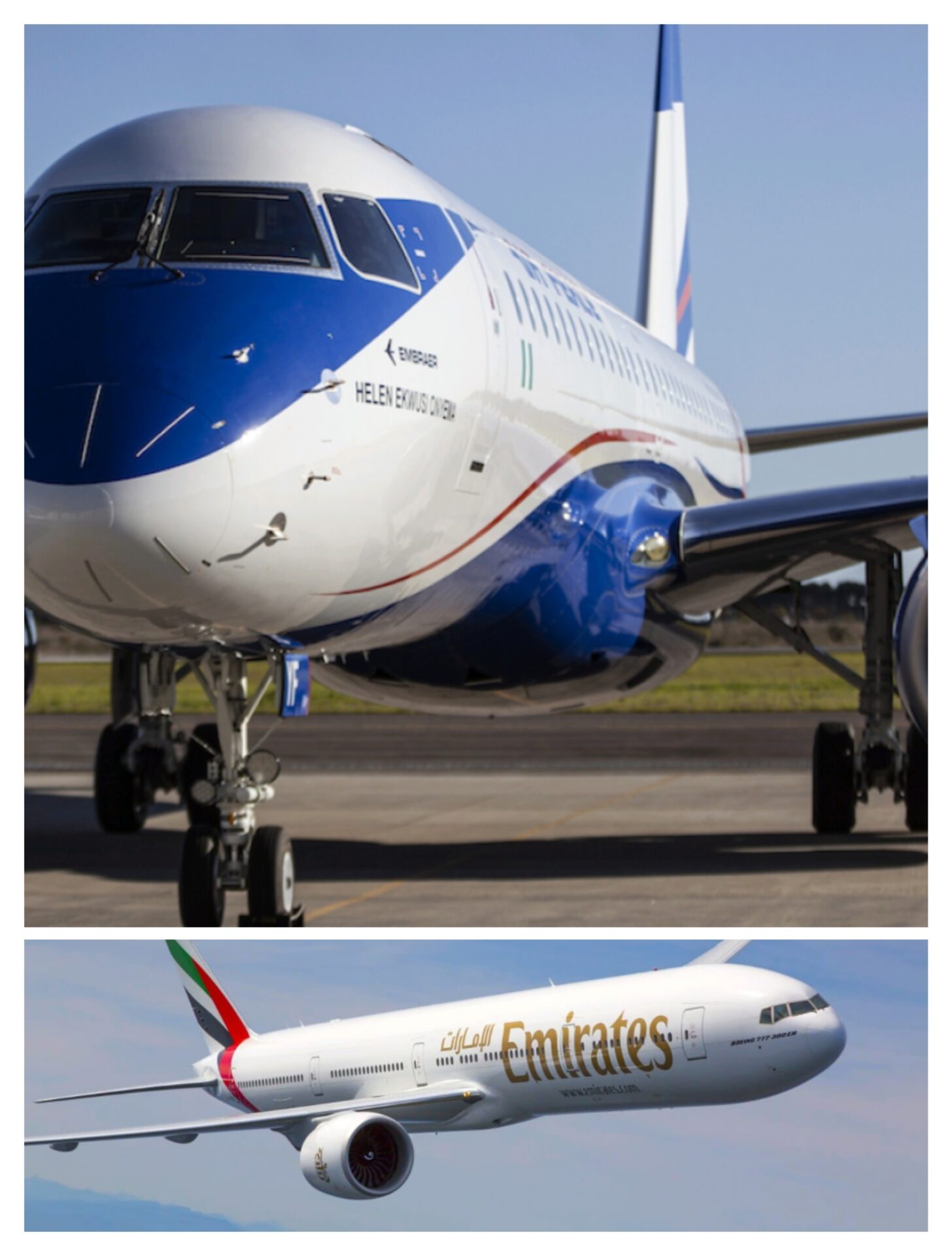Nigeria’s inflation rate surged to 34.60% in November 2024, marking a 0.72 percentage point increase from the 33.88% recorded in October, according to the National Bureau of Statistics (NBS).
This represents a significant year-on-year rise of 6.40 percentage points from the 28.20% reported in November 2023.
The latest Consumer Price Index (CPI) report released by the NBS highlights persistent economic pressures, driven largely by escalating food prices.

The report stated, “In November 2024, the the headline inflation rate was 34.60% compared to 33.88% in October 2024, reflecting a monthly increase of 0.72 percentage points.
On a year-on-year basis, the headline inflation rate rose by 6.40 percentage points, from 28.20% in November 2023.”
Food inflation climbed sharply to 39.93% in November 2024, up from 32.84% in November 2023.
Month-on-month food inflation also increased slightly, rising to 2.98% in November from 2.94% in October.
The surge is attributed to higher prices of staple foods such as rice, yam, maize, and palm oil, alongside significant increases in items like fish, dairy products, and meat.
The twelve-month average food inflation rate reached 38.67%, a sharp rise from 27.09% in the same period last year, underscoring ongoing challenges in food supply and domestic production.

Core inflation, which excludes volatile food and energy prices, rose to 28.75% in November 2024, compared to 22.38% in November 2023.
This reflects rising costs in sectors such as transportation, housing, and personal services, with notable increases in taxi fares, bus rides, rents, and grooming services.
On a month-on-month basis, core inflation slightly declined to 1.83% in November from 2.14% in October, though the year-on-year increase highlights sustained economic pressures.
The twelve-month average core inflation rate stood at 26.64%, up from 20.35% in November 2023.
Inflation varied significantly across regions. Bauchi (46.21%), Kebbi (42.41%), and Anambra (40.48%) recorded the highest year-on-year inflation rates, while Delta, Benue, and Katsina had the lowest rates, ranging between 27.47% and 29.57%.
Food inflation also showed regional differences, with Sokoto (51.30%), Yobe (49.69%), and Edo (47.77%) experiencing the steepest year-on-year increases.
Conversely, Kwara (31.39%), Kogi (32.95%), and Rivers (33.27%) reported slower food price rises.
On a month-on-month basis, Yobe (6.52%), Kano (5.95%), and Kebbi (5.68%) saw the sharpest increases in food prices.
Urban areas recorded higher inflation rates than rural areas.
Urban inflation reached 37.10% in November 2024, up by 6.88 percentage points from November 2023.
Month-on-month, urban inflation increased by 2.77%.Rural inflation stood at 32.27%, reflecting a year-on-year rise of 5.84 percentage points.
On a month-on-month basis, rural inflation grew by 2.51%.
The twelve-month average inflation rates for urban and rural areas were 35.07% and 30.71%, respectively, both significantly higher than in November 2023.
The rising inflation underscores mounting challenges for Nigerian households and businesses as the cost of living continues to escalate.
With pressures from food and core inflation spreading across various sectors, managing price stability remains a critical issue for policymakers.






Leave a Reply